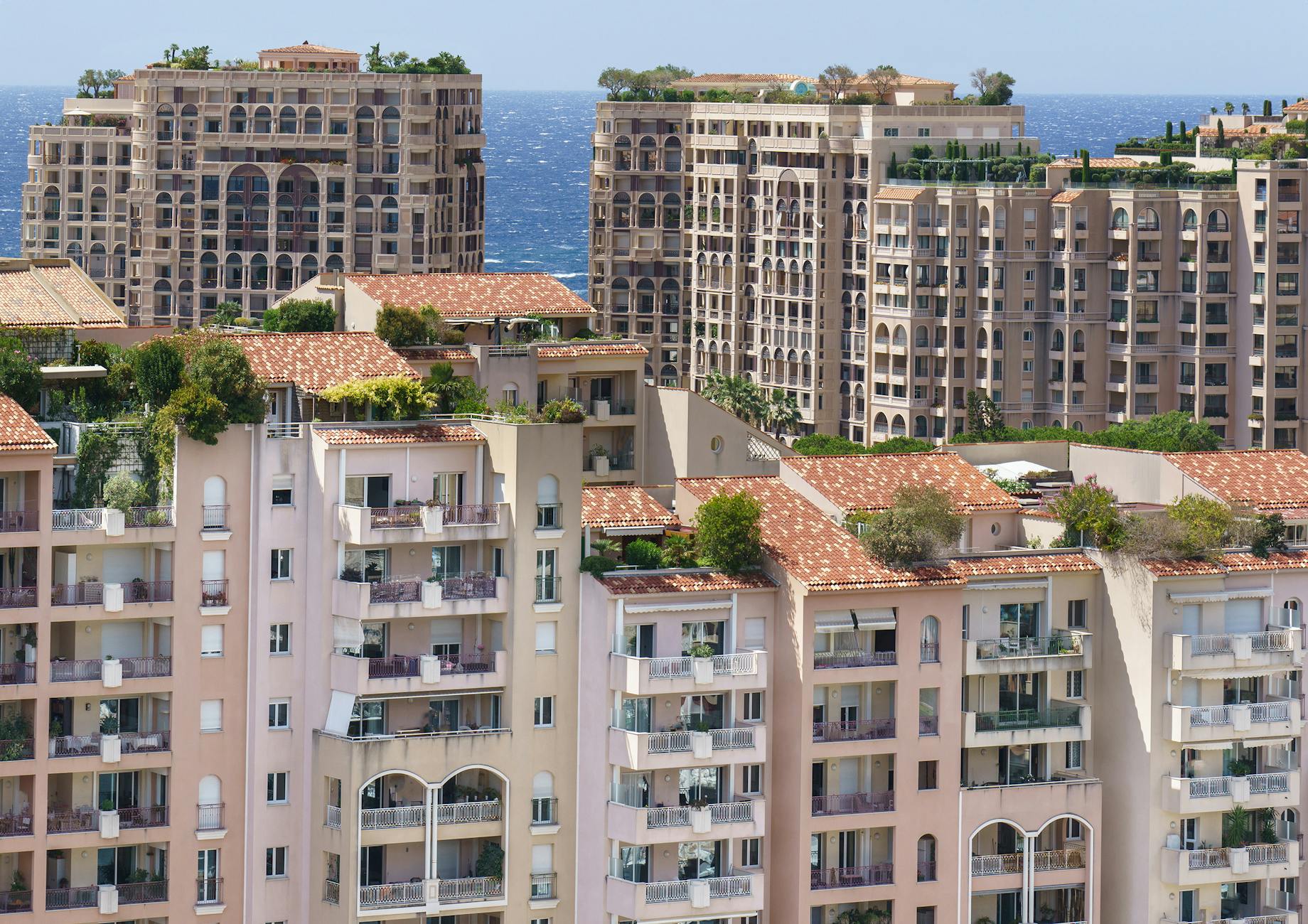“Will it be properly managed after purchasing?”
This is a common concern among international high-net-worth individuals considering real estate investment or the purchase of a second home. When properties are held long-term or left unoccupied for extended periods, the quality of property management becomes directly linked to asset preservation.
In Japan, this concern is addressed through a highly organized and nationally implemented system:
the Condominium Management Association structure, which gains recognition and trust by affluent buyers around the world.
◆ What Is Japan’s Condominium Management Association System?
In Japan, every condominium is legally required to establish a Management Association comprised of all unit owners.
This system empowers residents to collectively oversee the building’s maintenance, operations, and long-term planning.
Key features include:
- An annual general assembly to review budgets, repair plans, and management reports
- Full authority to select or change the property management company based on residents’ decisions
- Mandatory financial disclosures, minimizing the risk of mismanagement or fraud
In essence, it is a governance model built on the principle of: “our assets, safeguarded by our collective will.”

◆ Why It’s Trusted: 5 Key Reasons
1. Exceptional Transparency
All accounting, contracts, and repair plans are formally documented and reported. Many buildings provide translated versions of key documents, enabling international owners to verify everything with confidence.
2. Long-Term Maintenance Planning
Japanese condominiums are supported by a regulated reserve fund system, with capital repair plans that look 20 to 30 years into the future—ensuring financial readiness for large-scale renovations.
3. Professional Management Oversight
Day-to-day operations are entrusted to licensed property management firms, which handle everything from facility maintenance and accounting to cleaning and emergency response. Premium properties often offer 24-hour staffed management.
4. High Resident Engagement
In Japan, a cultural ethic of “protecting what we own” is deeply ingrained. Owners take pride in maintaining the beauty and integrity of their buildings, which enhances not only the living environment but also the property’s long-term quality.
5. Direct Impact on Asset Value
Well-managed buildings in Japan tend to retain their value, even as they age. They command stronger resale prices and earn greater buyer confidence.

◆ A Structural Difference in Property Governance: Japan vs. Bangkok and Hong Kong
In cities like Bangkok and Hong Kong, property management is typically outsourced to developers or third-party operators, with insufficient involvement of individual owners in decision-making processes.
As a result, the following risks are not uncommon:
- Deferred or inadequate maintenance
- Lack of transparency in how management fees are used
- Slow or insufficient response to disputes or emergencies
By contrast, Japan’s system—built on both legal structure and active resident participation—
makes such issues structurally unlikely. This integrity in governance is a key reason why discerning global investors place high trust in Japanese real estate.
◆ Case Study: How Management Preserves Asset Value
In Tokyo’s Bunkyo Ward, a 25-year-old condominium stands as a compelling example of the value of professional management. Its exterior, entrance, and shared spaces remain impeccably maintained,
with routine care given to landscaping, lighting, and communal facilities.
Despite its age, the property is trading at prices comparable to newer developments—a testament to one fundamental truth: well-managed buildings retain their value, regardless of age.
◆ Management Quality = Sustained Asset Value
Real estate is not a one-time transaction—It is a long-term commitment, often passed from one generation to the next.
That is why the true value of a property is built through everyday management.
Japan’s condominium management system is more than a set of rules—it is a carefully structured framework designed to ensure that: owners, landlords, and future buyers can all enjoy peace of mind.




